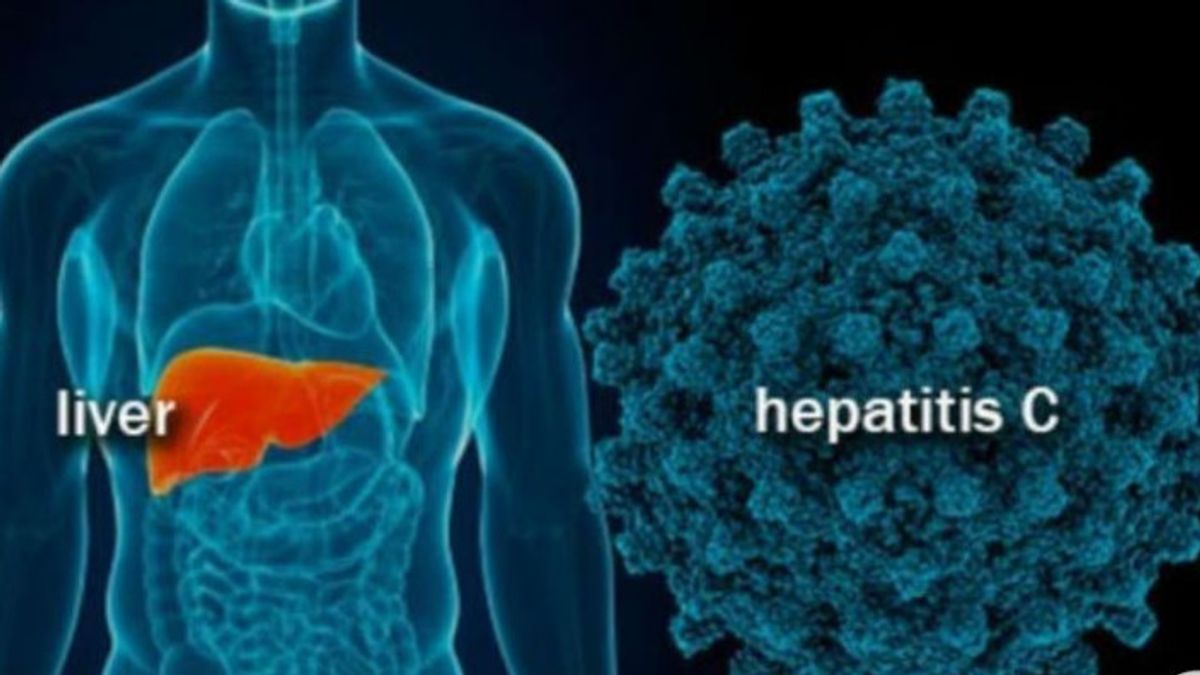JAKARTA - Head of the DKI Jakarta Health Office, Widyastuti, said that his party was strengthening the case tracking system or surveillance for acute hepatitis. This is an early detection effort to immediately find cases of suspected acute hepatitis.
"We are strengthening our early detection system by strengthening the surveillance system and localizing cases if there are any," said Widyastuti to reporters, Tuesday, May 10.
Widyastuti explained that the surveillance that is currently being improved has actually been running since 2022. So far, health service facilities such as hospitals, health centers, and clinics have made an inventory of 17 infectious diseases, one of which is hepatitis, from their patients.
This inventory data is immediately reported to the DKI Health Office for direct surveillance.
"So this is an early warning system that we have built. Whatever infectious diseases have the potential, we must capture them as initial information for investigation and security measures," he said.
In addition, Widyastuti said that her party was also coordinating with the Ministry of Health, the Indonesian Pediatrician Association (IDAI), and the Cipto Mangunkusumo Hospital (RSCM) to develop guidelines for handling acute hepatitis in the field.
"We also held a video conference during the Lebaran holiday yesterday, inviting all hospital directors throughout DKI, heads of puskesmas throughout DKI, and heads of Health Sub-Departments to inform them regarding this vigilance as well as management in accordance with the interim standards that we have developed together," explained Widyastuti. For information, the phenomenon of acute hepatitis with no known cause became the world's spotlight after the United Nations World Health Organization (WHO) declared it an Extraordinary Event (KLB) on April 15, 2022. WHO received reports of 169 cases in 12 countries, including Indonesia.
In Indonesia, in the last two weeks or until April 30, 2022, it was reported that three pediatric patients died while being treated at Cipto Mangunkusumo Hospital, Jakarta, with suspected acute hepatitis.
Acute hepatitis is inflammation of the liver that occurs suddenly and can get worse quickly. Common symptoms of hepatitis include abdominal pain, jaundice, diarrhea, vomiting, urine discoloration, pale stools, high fever or a history of fever, and is characterized by elevated levels of liver enzymes.
The English, Chinese, Japanese, Arabic, and French versions are automatically generated by the AI. So there may still be inaccuracies in translating, please always see Indonesian as our main language. (system supported by DigitalSiber.id)













